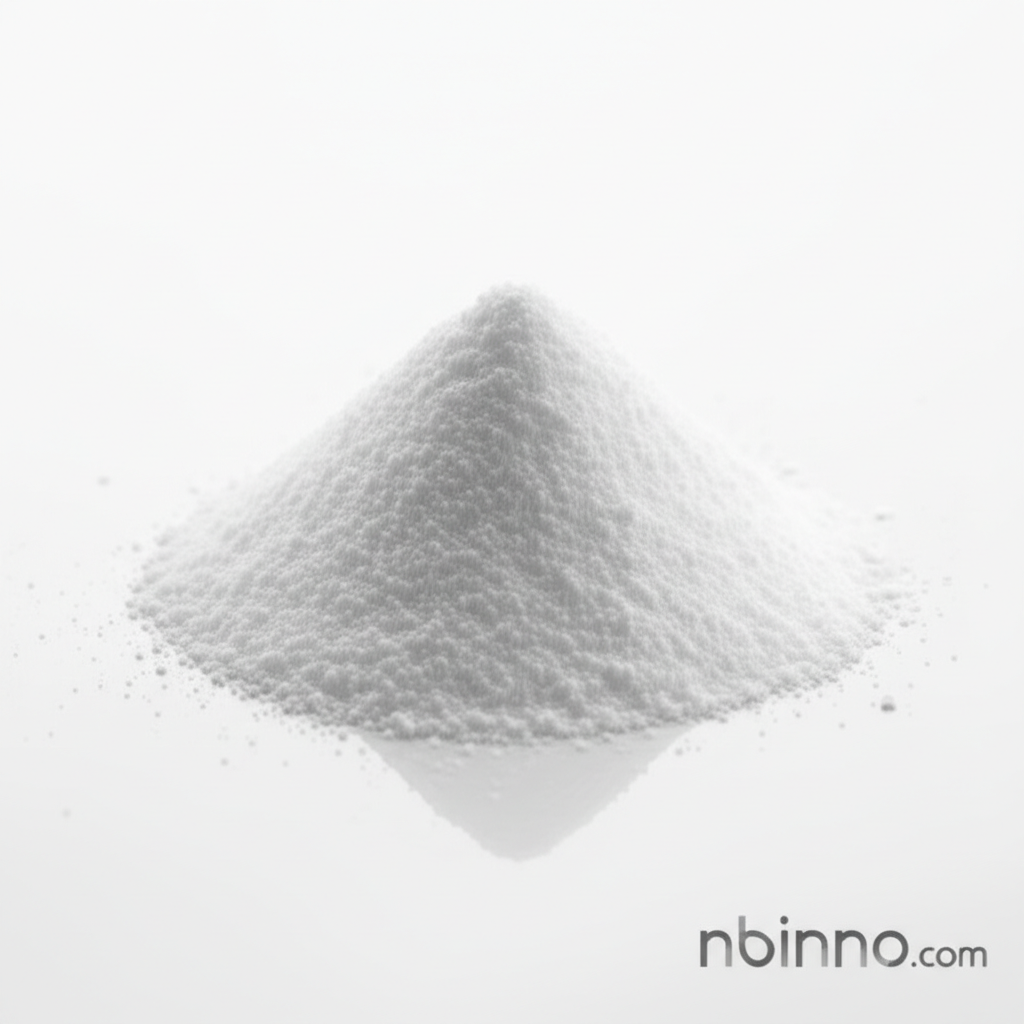Lithium Heparin: Essential Anticoagulant for Accurate Clinical Chemistry and Blood Gas Analysis
The vital role of Lithium Heparin in modern laboratory diagnostics and patient care.
Get a Quote & SampleProduct Core Value

Lithium Heparin
Lithium Heparin is a high-quality anticoagulant crucial for clinical laboratories, ensuring accurate results in biochemical examinations. Its primary advantage lies in its minimal interference with the determination of other ions in blood, making it the recommended choice for electrolyte analysis. As a white amorphous powder, it is odorless, soluble in water, and exhibits excellent potency (≥150IU/mg, anhydrous ≥160IU/mg), adhering to strict quality standards.
- Discover the benefits of lithium heparin for electrolyte determination, ensuring precise measurement of ionic concentrations in patient samples.
- Understand the precautions for using lithium heparin to maintain sample integrity and avoid potential interference in laboratory tests.
- Learn why lithium heparin is the best anticoagulant for electrolyte testing, minimizing the risk of inaccurate readings compared to other heparin salts.
- Explore the importance of lithium heparin in blood gas analysis, facilitating rapid and reliable measurement of blood gases and related parameters.
Advantages Provided by the Product
Minimal Ion Interference
Lithium heparin excels in facilitating precise electrolyte determination by exhibiting minimal interference with the measurement of other ions, thus ensuring accurate patient diagnostics.
Broad Application Scope
This anticoagulant is ideal for blood collection tubes for clinical biochemistry and emergency examinations, as well as specific hemorheology projects, offering versatility in laboratory applications.
High Potency and Stability
With a potency of ≥150IU/mg and stability at room temperature, Lithium Heparin provides reliable anticoagulation, ensuring the quality of blood samples for up to 6 hours post-collection.
Key Applications
Blood Sample Anticoagulation
Essential for preventing blood coagulation in sample tubes, enabling subsequent diagnostic testing and analysis of various blood parameters with lithium heparin blood collection tubes.
Clinical Biochemistry Tests
A preferred anticoagulant for clinical biochemistry, ensuring the integrity of plasma samples for accurate analysis of a wide range of analytes.
Blood Gas Analysis
Crucial for obtaining homogeneous blood samples for blood gas analysis, where accurate pH, pCO2, and pO2 measurements are vital for patient assessment.
Electrolyte Measurement
The optimal choice for measuring blood ions due to its low interference level, guaranteeing higher accuracy in tests compared to other heparin salts, as highlighted in lithium heparin vs sodium heparin interference discussions.
